Rose order from palatine for Southern California.
fireballsocal
9 years ago
Related Stories
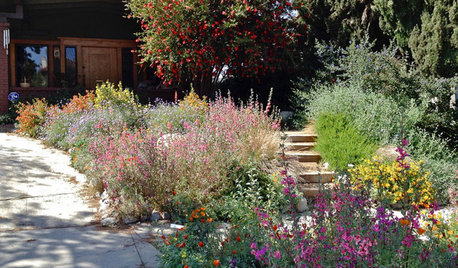
INSPIRING GARDENSNative Plants Bring 10 Southern California Front-Yard Gardens to Life
Rare plants, rain gardens and wildlife habitats are just a few of the features showcased on the 2016 Theodore Payne Native Plant Garden Tour
Full Story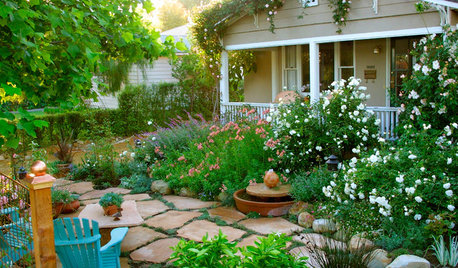
GARDENING GUIDESSouthern California Gardener's October Checklist
Get planting happy this month — so many natives, bulbs, cool-season flowers and vegetable crops to choose from, so little time ...
Full Story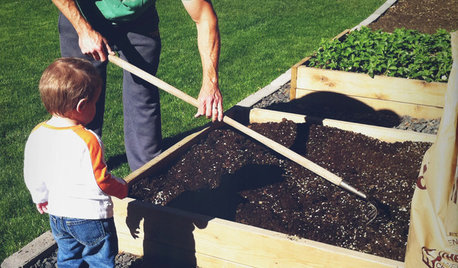
GARDENING GUIDESSouthern California Gardener's September Checklist
Before prime planting time, clean out the old garden, prepare for the new, and dream up ideas for fall flowers and veggies
Full Story0
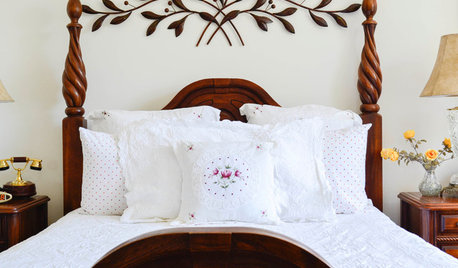
HOUZZ TOURSMy Houzz: Spanish Meets Tuscan in Southern California
Carved wood and detailed tiles give a home near Palm Springs warmth and old-world flair
Full Story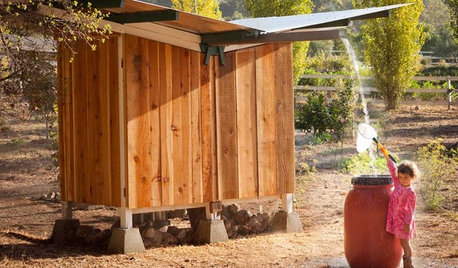
FARM YOUR YARDCollecting Rainwater and Eggs From a California Chicken Coop
See how a butterfly roof helps a hen home’s design soar into double-duty territory
Full Story
LANDSCAPE DESIGNCalifornia Says Goodbye to the Sprawling Ornamental Lawn
New state rules will effectively limit turfgrass to 25 percent of the landscape in most new and renovated yards
Full Story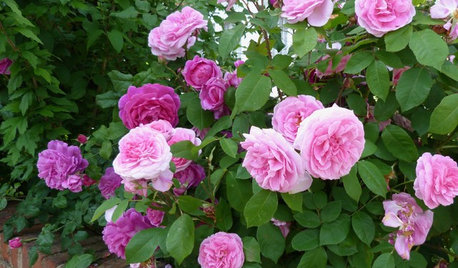
GARDENING GUIDESWhat Kind of Roses Should You Grow?
Want to add the beauty of roses to your garden? Find out which ones, from old-fashioned to modern, are right for you
Full Story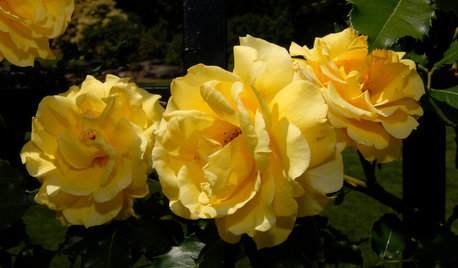
GARDENING GUIDES5 Favorite Yellow Roses for a Joyful Garden
Make 'cheery' the name of your garden game when you order your roses sunny side up
Full Story
HOUZZ TOURSMy Houzz: Stately Southern Charm in a Federalist-Style Home
Moss-covered oak trees, European antiques and contemporary style set off this Louisiana home
Full Story
SELLING YOUR HOUSEA Moving Diary: Lessons From Selling My Home
After 79 days of home cleaning, staging and — at last — selling, a mom comes away with a top must-do for her next abode
Full StoryMore Discussions









roseseek
jerijen
Related Professionals
Surprise Landscape Architects & Landscape Designers · Peabody Landscape Contractors · Apollo Beach Landscape Contractors · Beverly Hills Landscape Contractors · Caldwell Landscape Contractors · Concord Landscape Contractors · Fairfield Landscape Contractors · Gaithersburg Landscape Contractors · Lady Lake Landscape Contractors · New Braunfels Landscape Contractors · Oak Forest Landscape Contractors · Placerville Landscape Contractors · Royal Oak Landscape Contractors · Sammamish Landscape Contractors · Waldorf Landscape ContractorsfireballsocalOriginal Author
jerijen
fireballsocalOriginal Author
jerijen
fireballsocalOriginal Author
jerijen